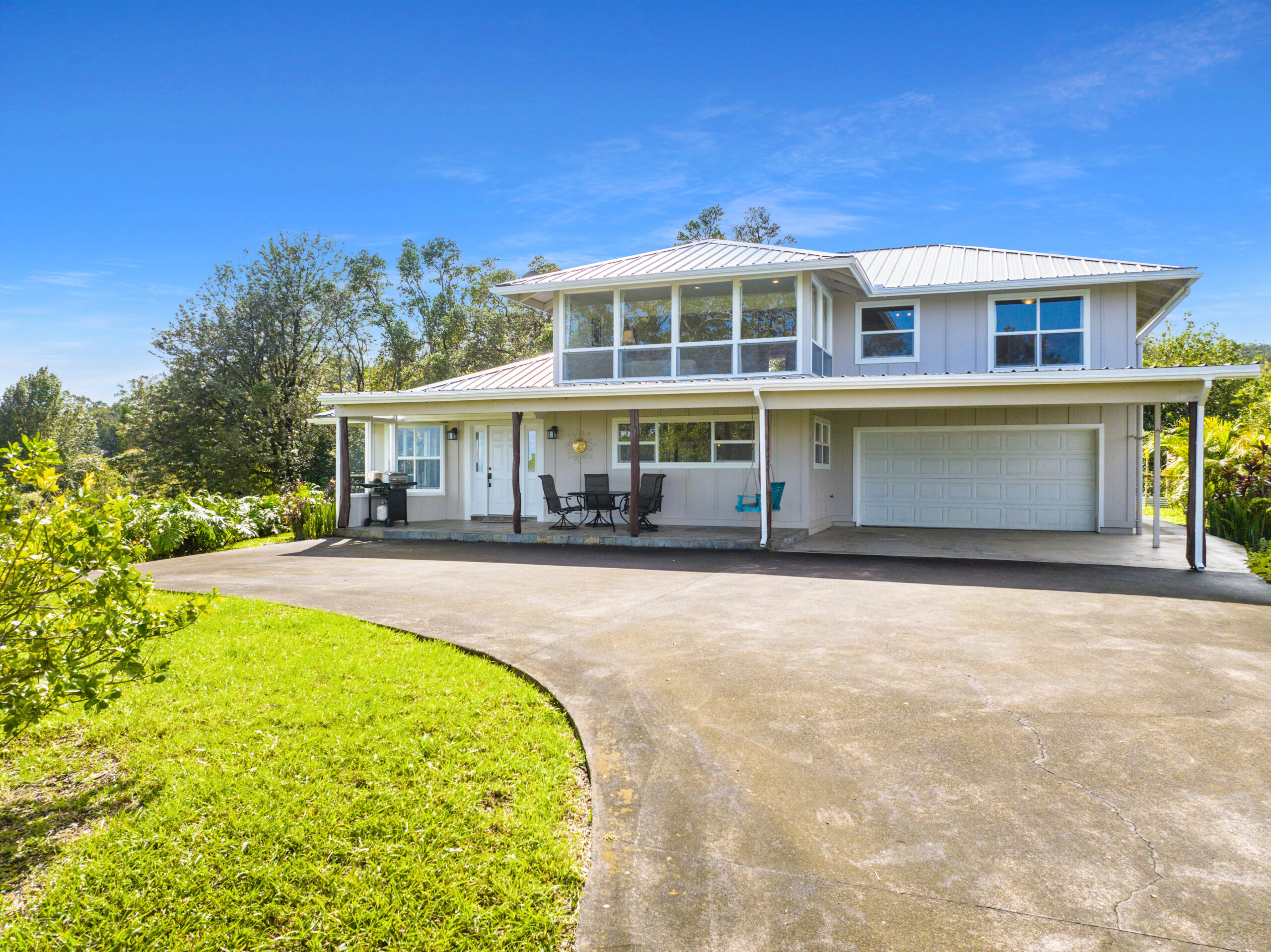Buying your first home is an exciting milestone, but it can also be a complex and overwhelming process. Whether you are a first-time home buyer, or have purchased property throughout the years, it’s easy to get caught up in the excitement and make missteps along the way. From financial planning to choosing the right property, there are numerous factors to consider.
To help you navigate the home-buying journey with confidence, here are the top five mistakes to avoid when purchasing your next home:
1. Not Getting Pre-Approved for a Mortgage
One of the most common mistakes homebuyers make is not getting pre-approved for a mortgage before starting their home search. Pre-approval gives you a clear picture of how much you can borrow and what your budget should be. Without it, you risk falling in love with a property you can’t afford, leading to disappointment or even financial strain.
When you’re pre-approved for a mortgage, you’ll also have an advantage in a competitive market. Sellers tend to prefer buyers who have been pre-approved because it shows you’re serious and capable of securing financing. In addition, being pre-approved allows you to act quickly when you find the right property, which can make a big difference in the fast-moving Big Island real market.
Avoid this mistake by:
- Speaking with a lender early in the process.
- Getting pre-approved for a mortgage to establish a realistic budget.
- Having a firm understanding of your financial standing before you start looking at properties.
2. Overlooking Additional Costs
Many first-time buyers focus solely on the price of the home itself, but there are many additional costs involved in homeownership. These include closing costs, property taxes, insurance, and maintenance expenses. If you fail to budget for these, you may find yourself stretched too thin financially.
Closing costs alone can range from 2% to 5% of the purchase price of the home. Depending on whether or not you secure a loan or pay cash, these include fees for an appraisal, plus title insurance, legal work, and, in some cases, your brokerage compensation. Property taxes and homeowner’s insurance are ongoing expenses, and maintenance costs—such as repairs, landscaping, and utilities—can quickly add up.
Avoid this mistake by:
- Factoring in all potential costs of homeownership, not just the purchase price.
- Setting aside a buffer in your budget for unexpected expenses.
- Consulting with your buyer’s agent or lender to get a full breakdown of costs.
3. Failing to Conduct Proper Research on the Location
When buying a home, the property itself is just one piece of the puzzle. The location is equally, if not more, important. Buyers often make the mistake of focusing too much on the house and not enough on the neighborhood.
It’s essential to consider factors like school quality, proximity to work, safety, and access to amenities such as shopping, dining, and healthcare facilities. You should also think about long-term property value trends in the area, as this will affect your investment’s growth potential.
Avoid this mistake by:
- Researching the neighborhood thoroughly before making an offer.
- Visiting the area at different times of day to get a feel for the community.
- Investigating future development plans that could impact property values.
4. Letting Emotions Drive the Decision
It’s easy to fall in love with a home based on its appearance or how it makes you feel, but buying a property based purely on emotions can lead to regret down the road. Many first-time buyers rush into a purchase because they’ve found a home that “feels right,” without considering whether it truly fits their needs, budget, and lifestyle.
Approach the home-buying process with a balance of practicality and emotion. This includes making sure the home is in good condition, fits within your financial parameters, and meets your long-term needs.
Avoid this mistake by:
- Creating a list of must-haves and deal-breakers before you start your search.
- Sticking to your budget and not getting caught up in bidding wars.
- Making decisions based on facts, not just feelings.
5. Skipping a Professional Home Inspection
One of the costliest mistakes a buyer can make is skipping the home inspection. In an attempt to save money or expedite the purchase process, some buyers forgo this crucial step, only to face expensive repairs or hidden issues after moving in.
A professional home inspection, usually priced at under $600.00, gives you a detailed report on the condition of the property, highlighting any potential issues such as structural problems, plumbing, or electrical systems that need repair. Without this information, you could end up purchasing a home that requires costly fixes that weren’t apparent during the initial viewing.
Avoid this mistake by:
- Always getting a professional home inspection during the escrow process.
- Using the results of the inspection to negotiate a credit for repairs or replacements.
- Taking the time to understand any issues identified in the inspection report.
Final Thoughts...
Buying your first home, or any home, is an exciting experience. But it’s important to approach it with careful planning and a clear understanding of the process. By avoiding these five common mistakes—failing to get pre-approved for a mortgage, overlooking additional costs, not researching the location, letting emotions drive the decision, and skipping a home inspection—you’ll be in a stronger position to make a smart, informed purchase.
Remember, buying a home is one of the biggest financial decisions you’ll make, so taking the time to do it right will ensure that your home is a source of pride and security for years to come. With proper planning, expert advice, and a bit of patience, you can navigate the home-buying process with confidence and avoid the pitfalls that many buyers encounter.
Portions of this article were used by permission: RealtyTimes.com/Amanda Osborne


